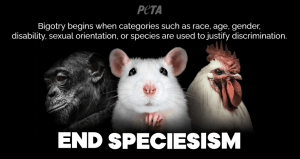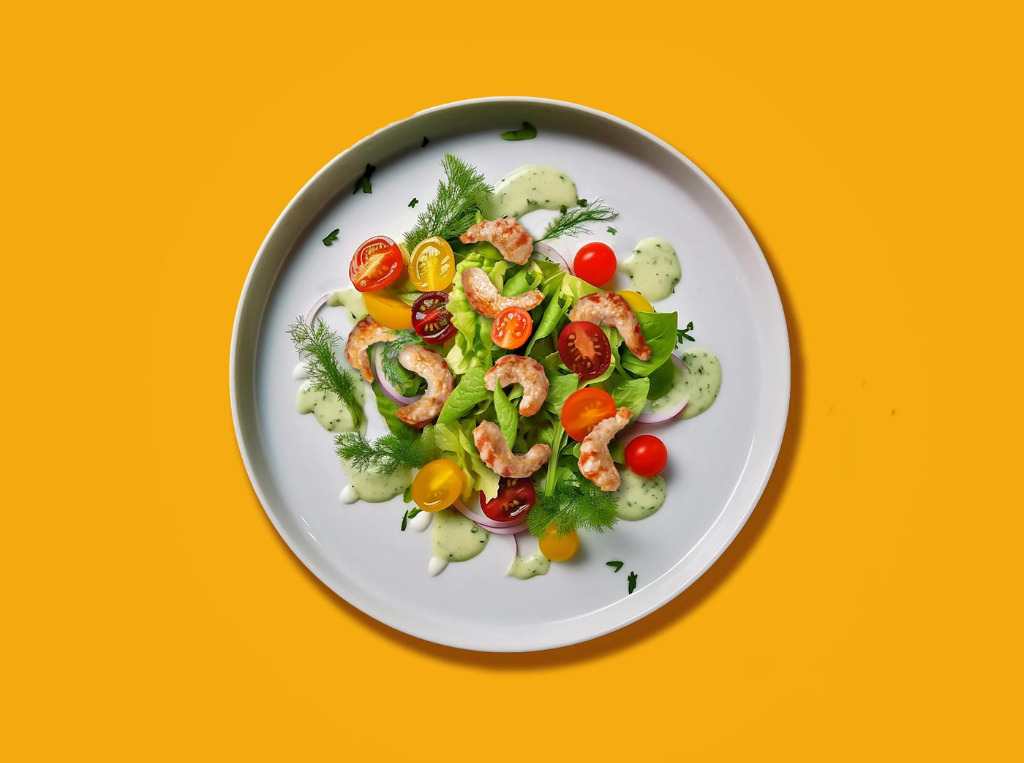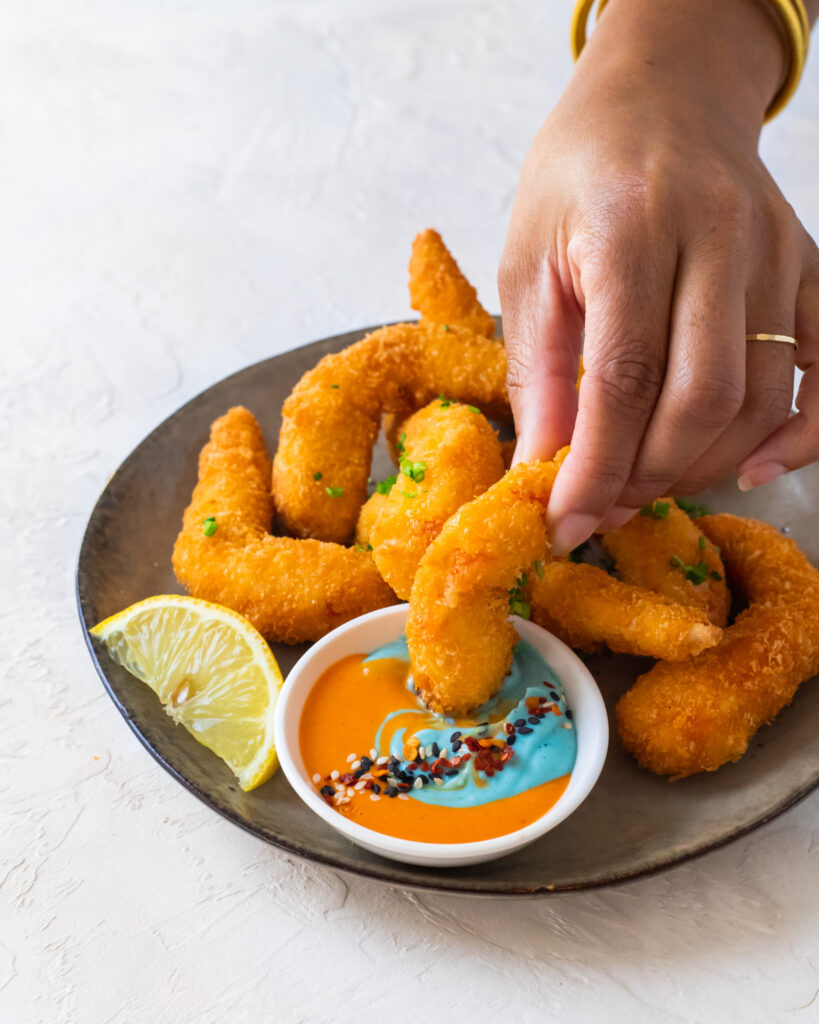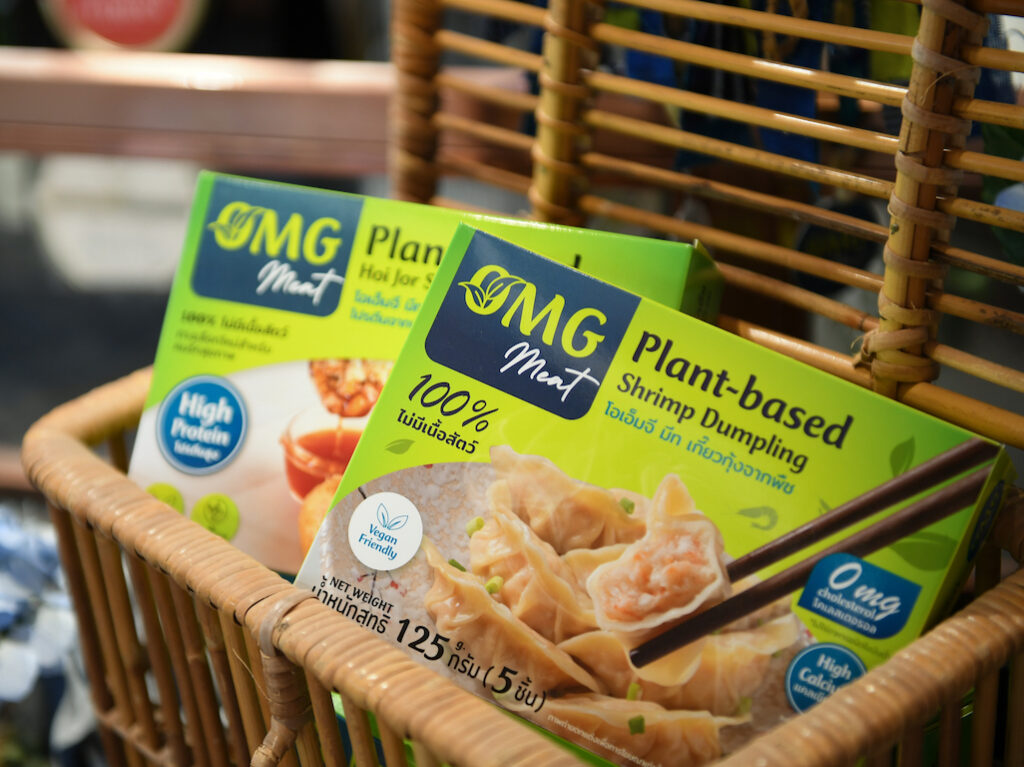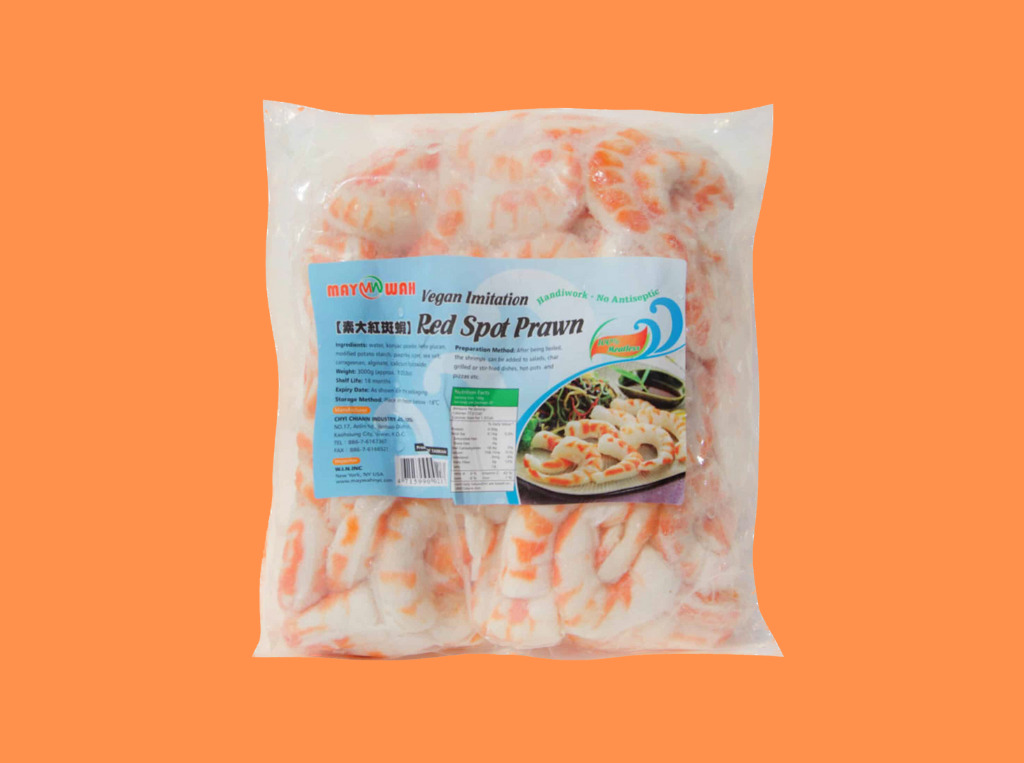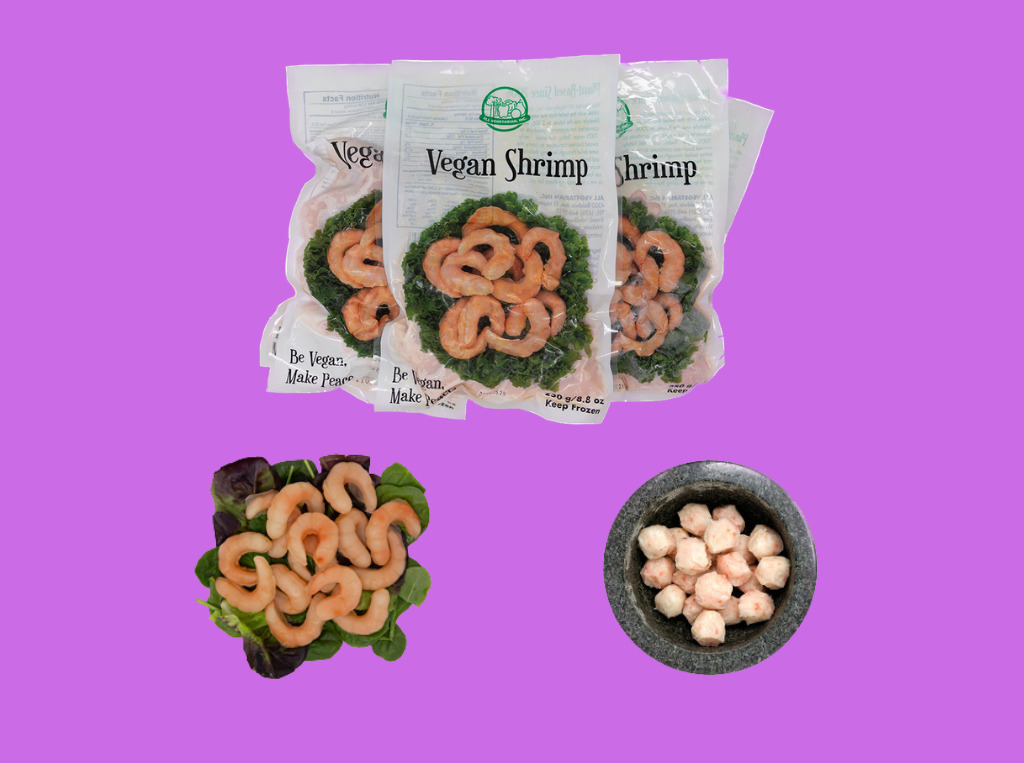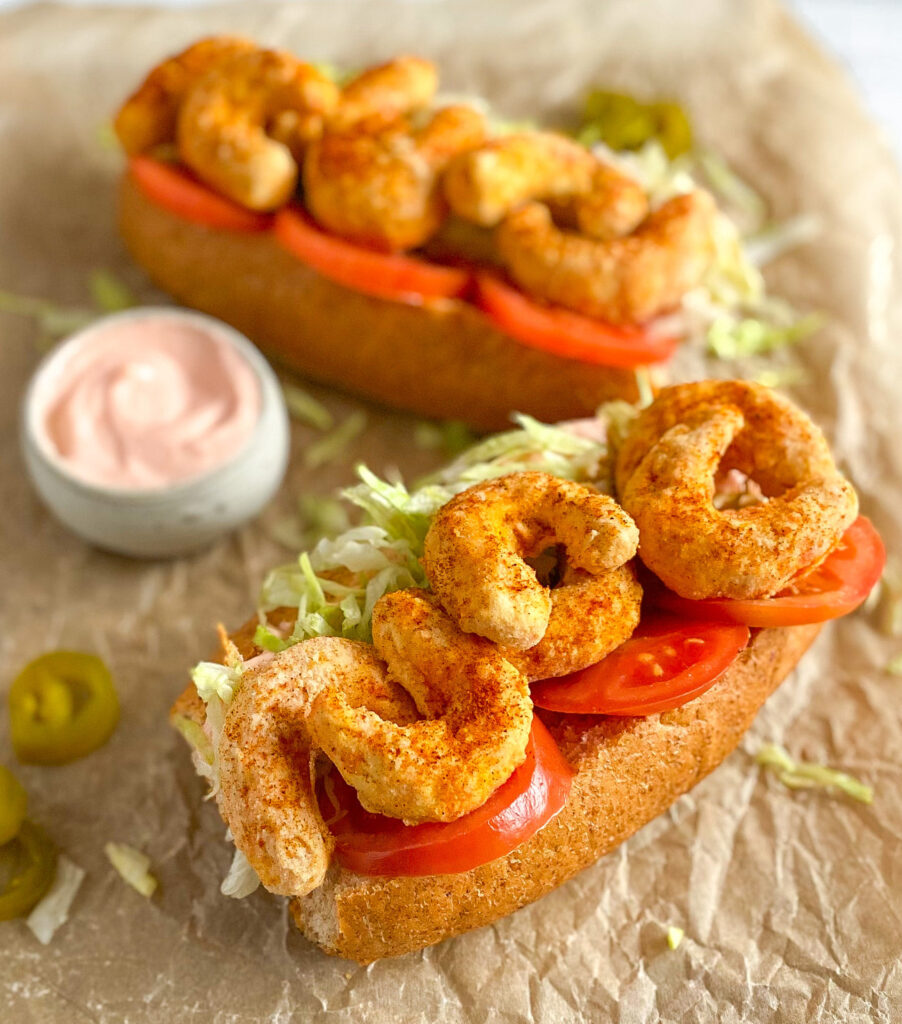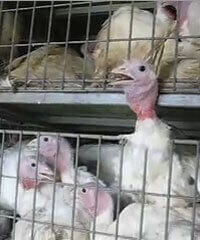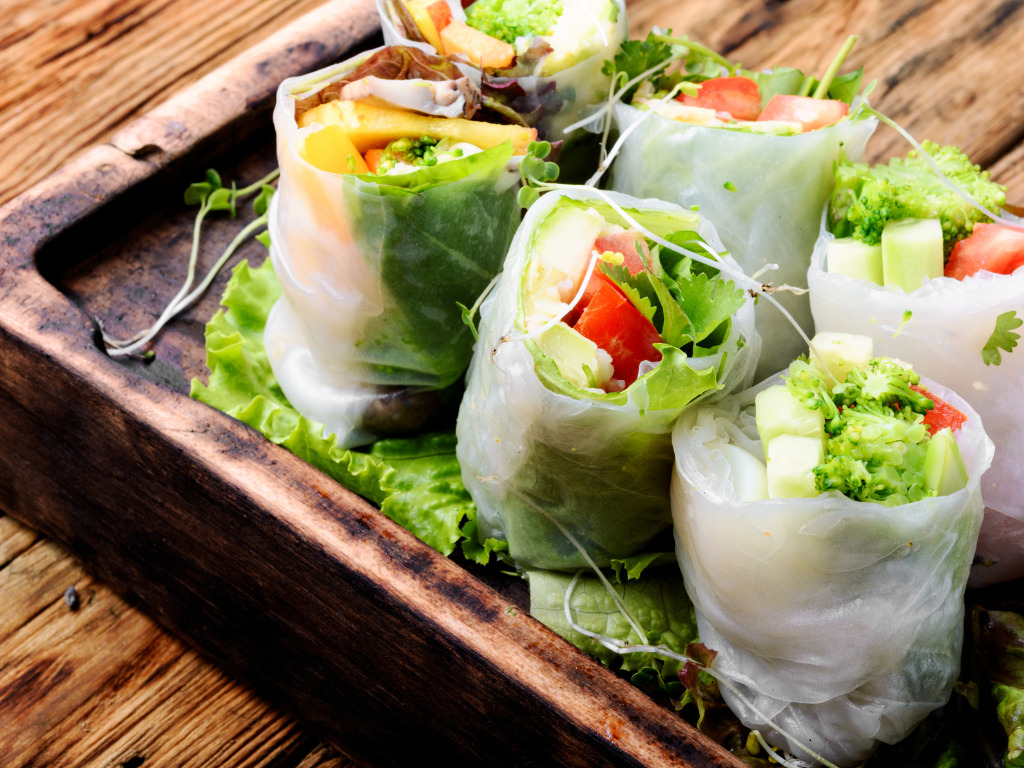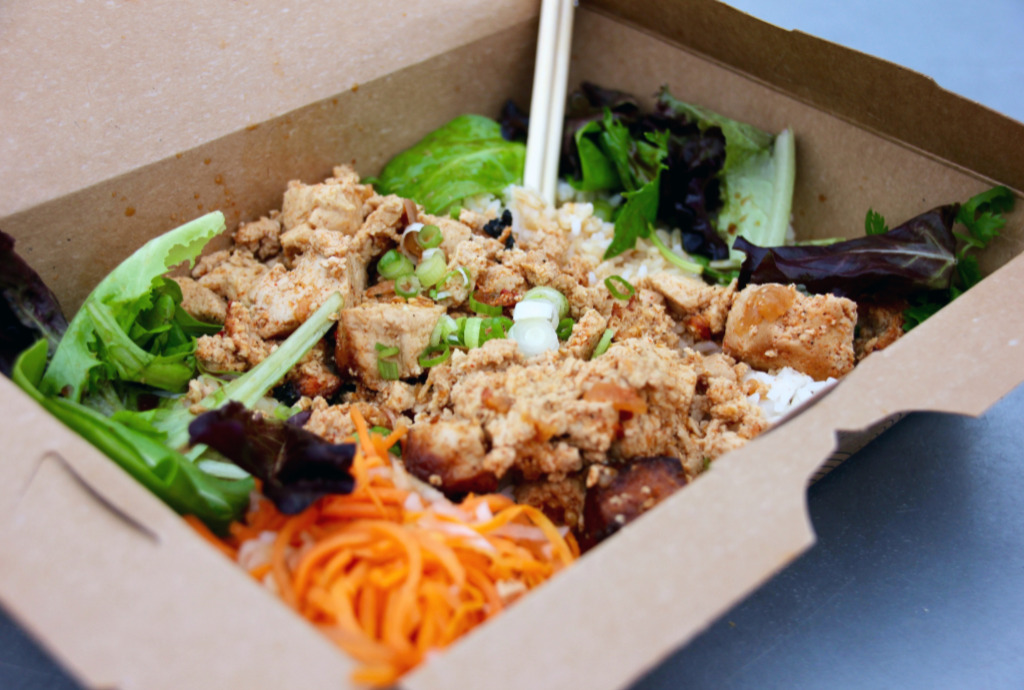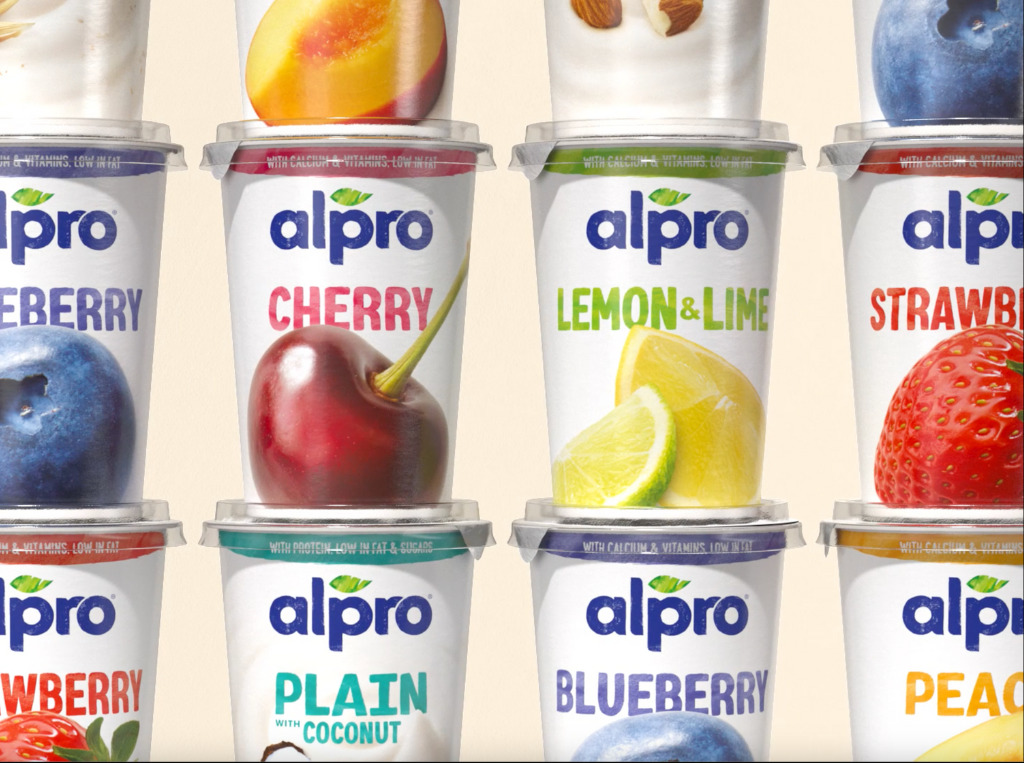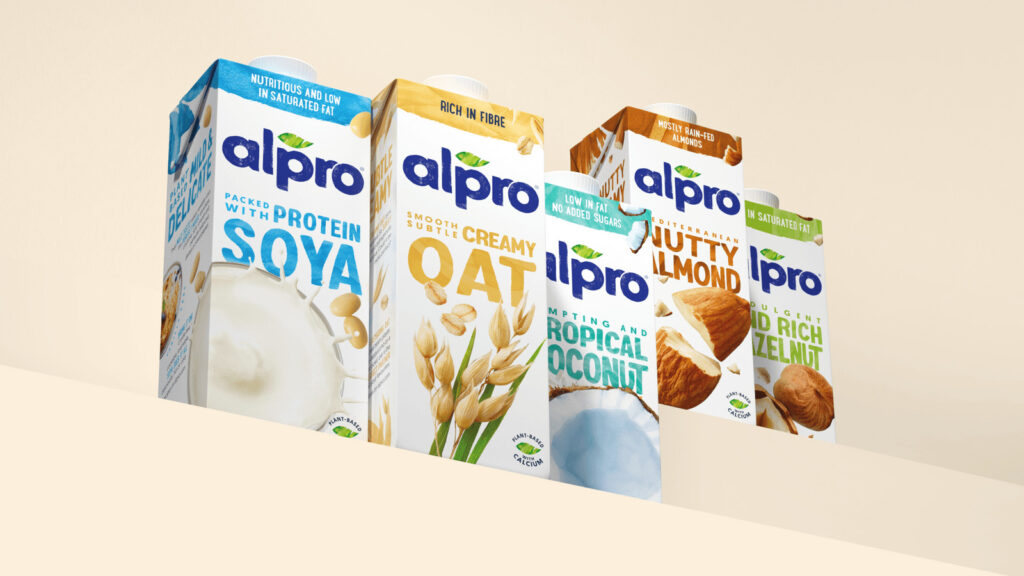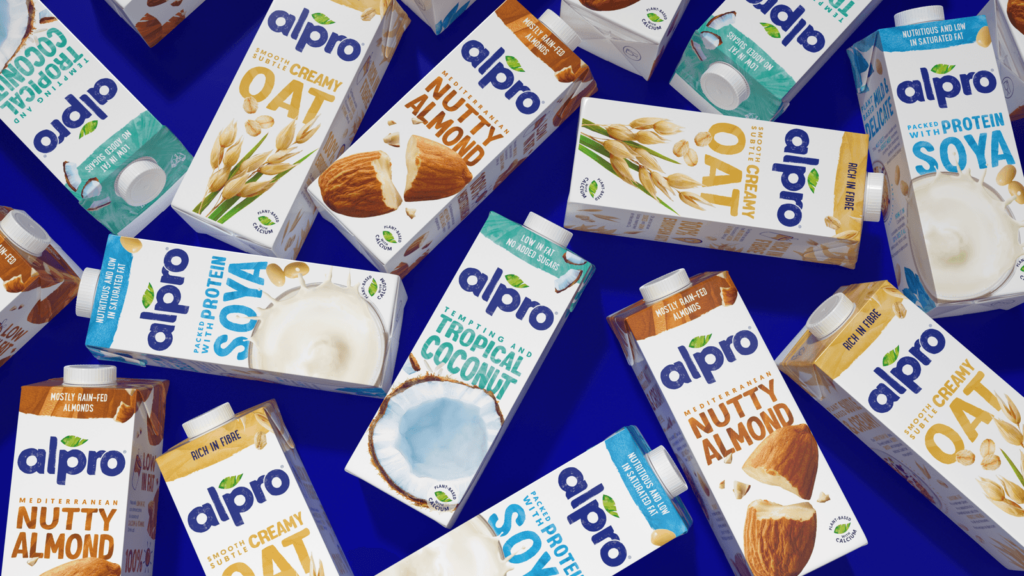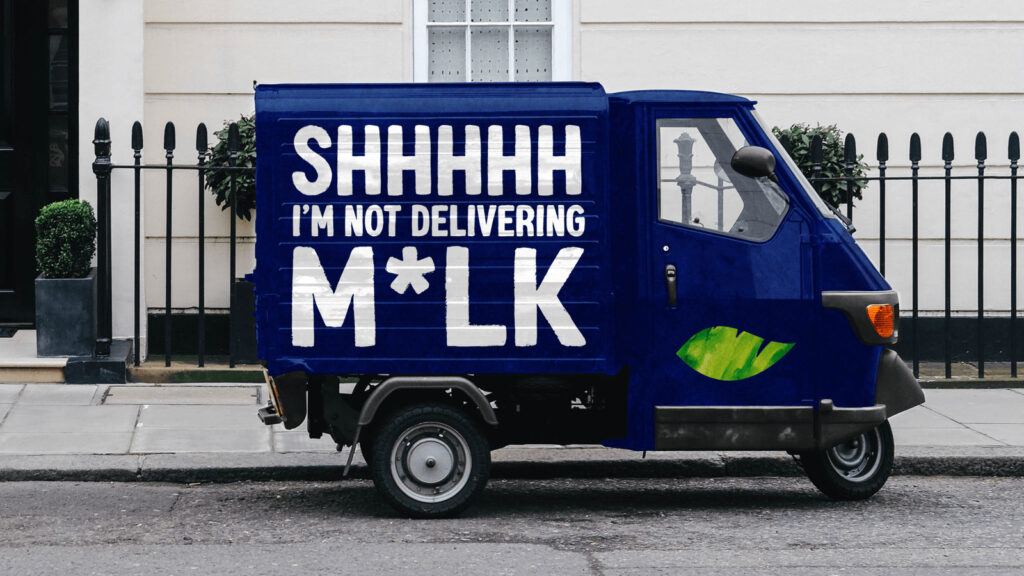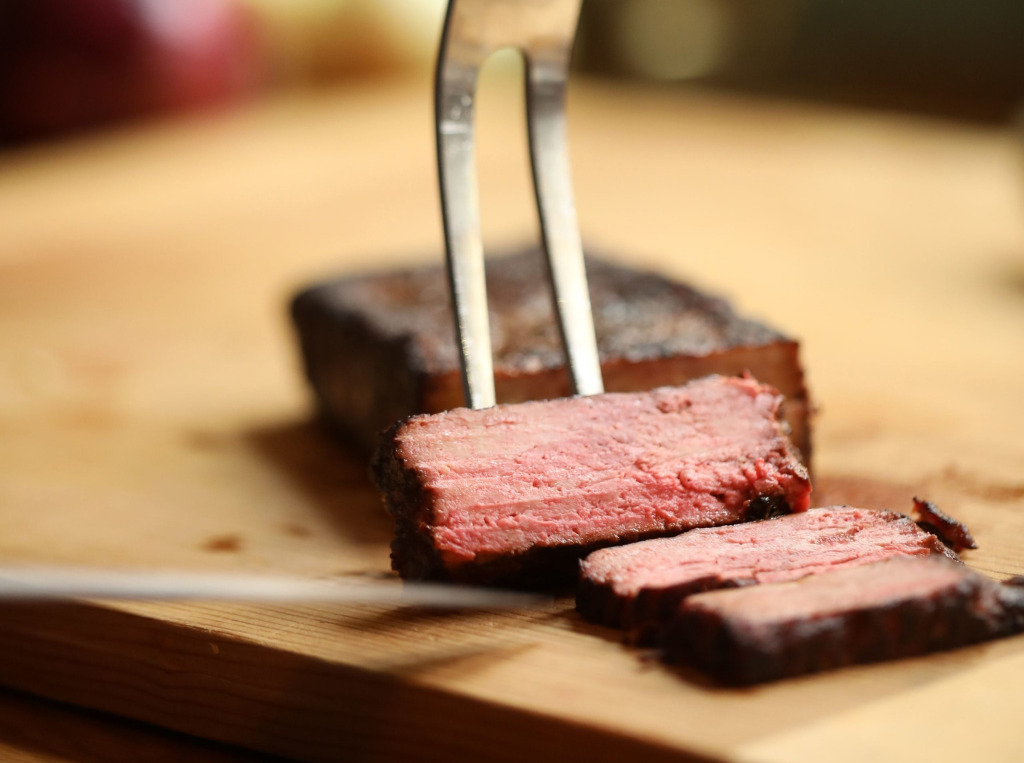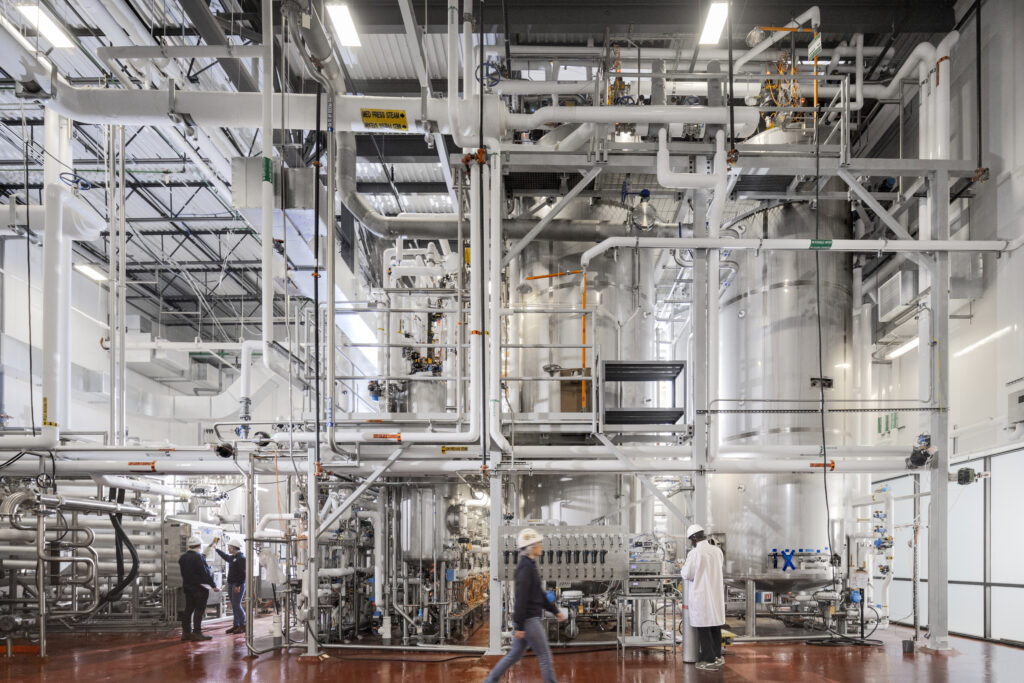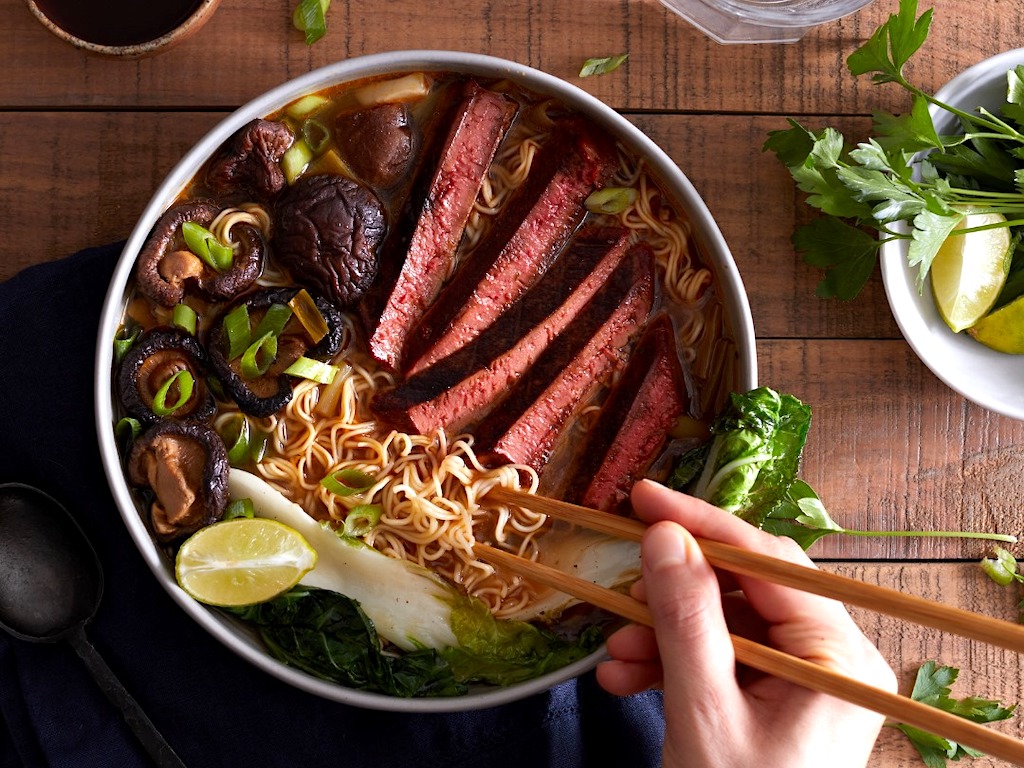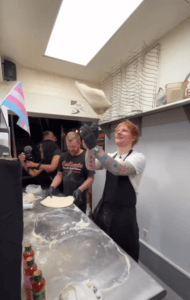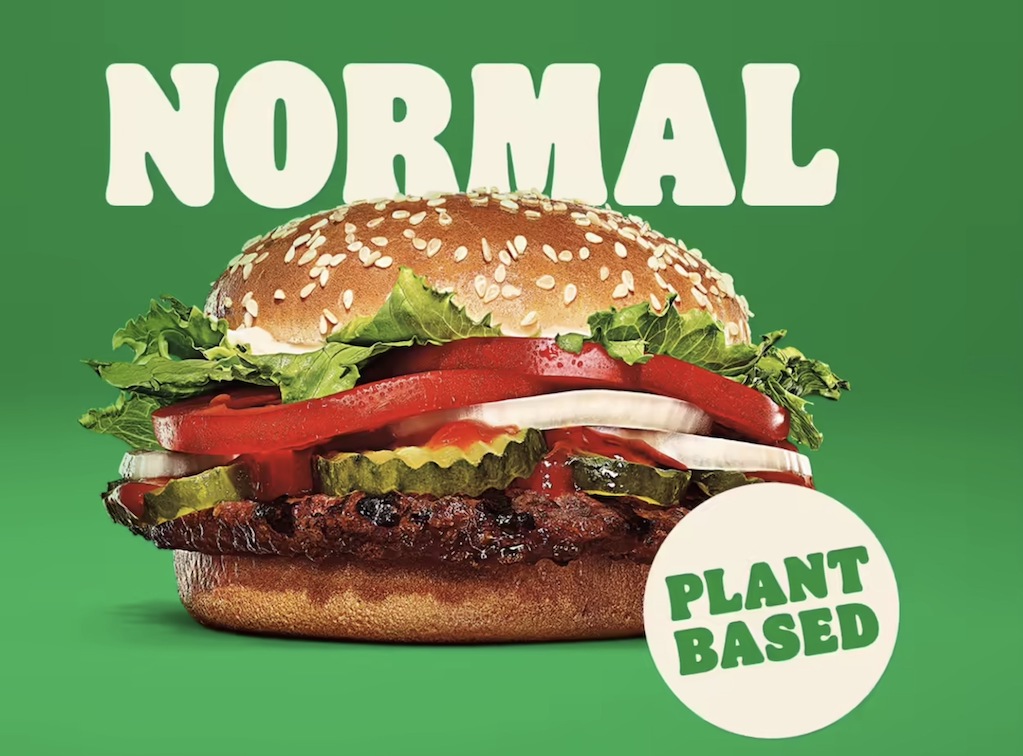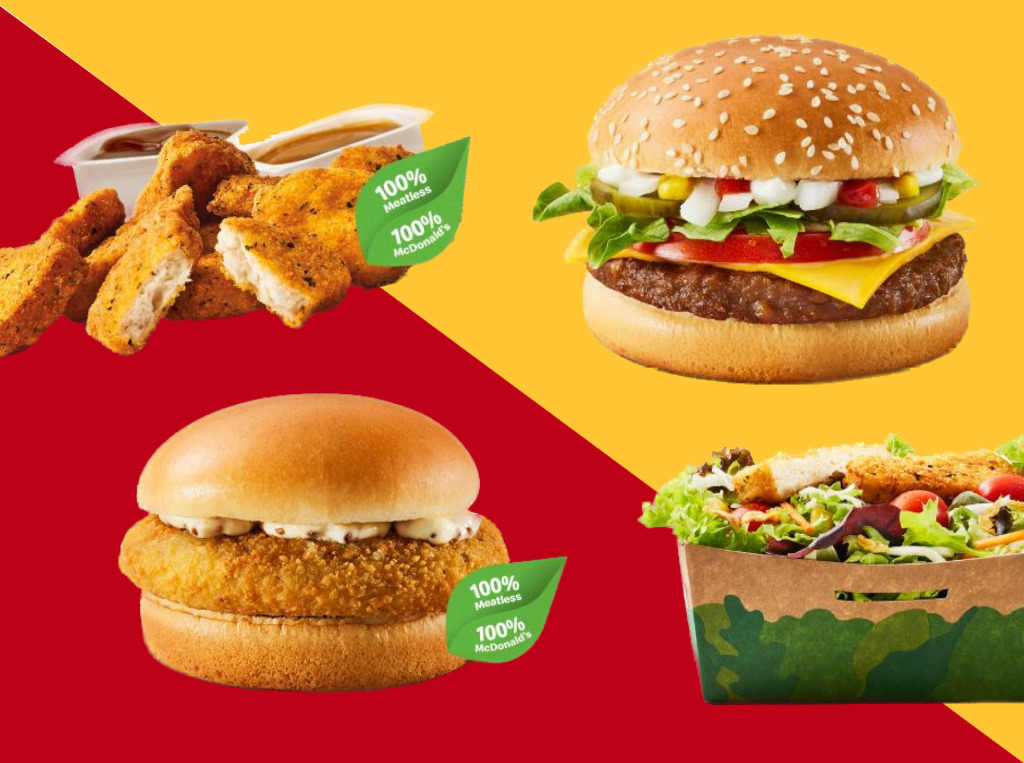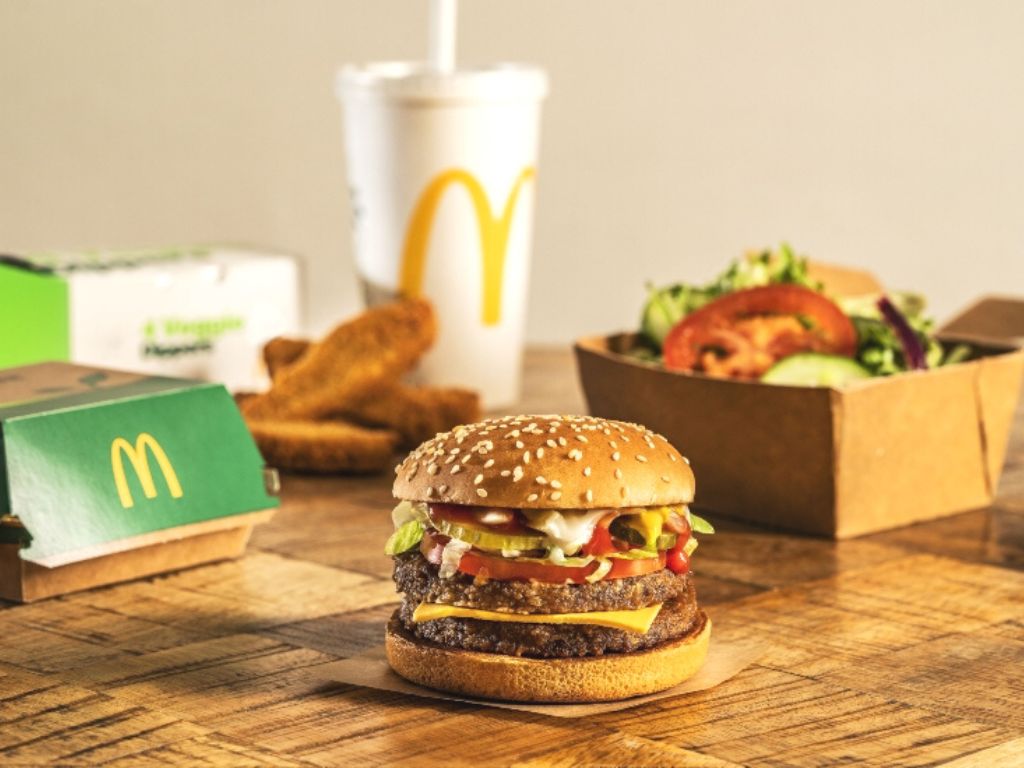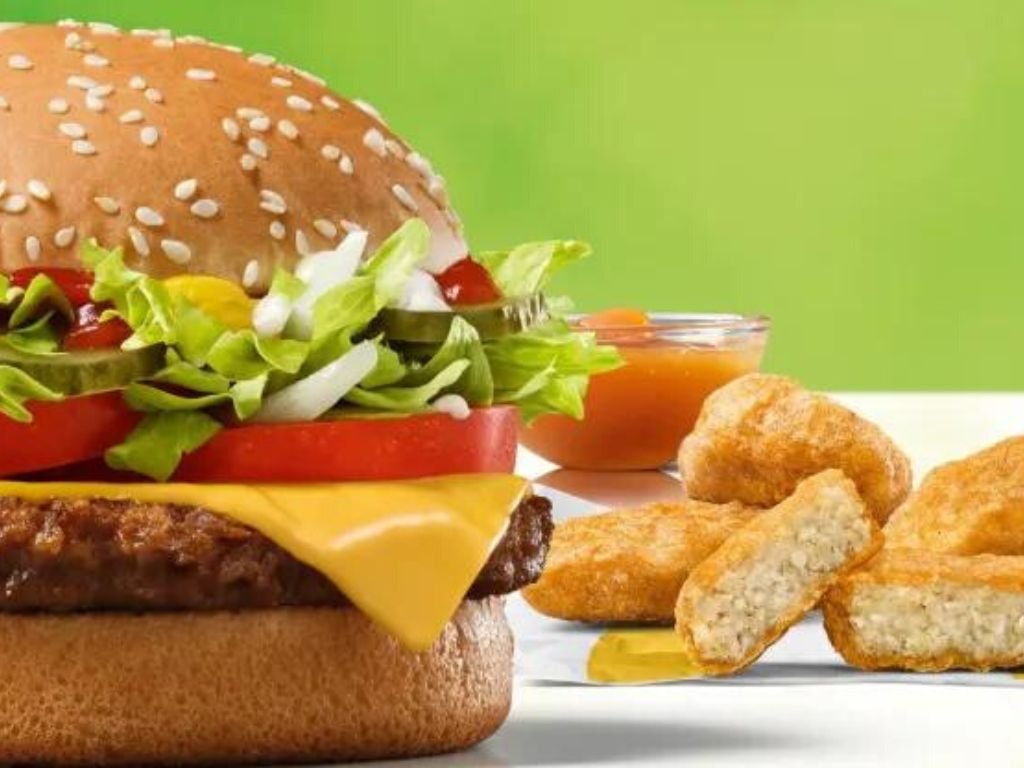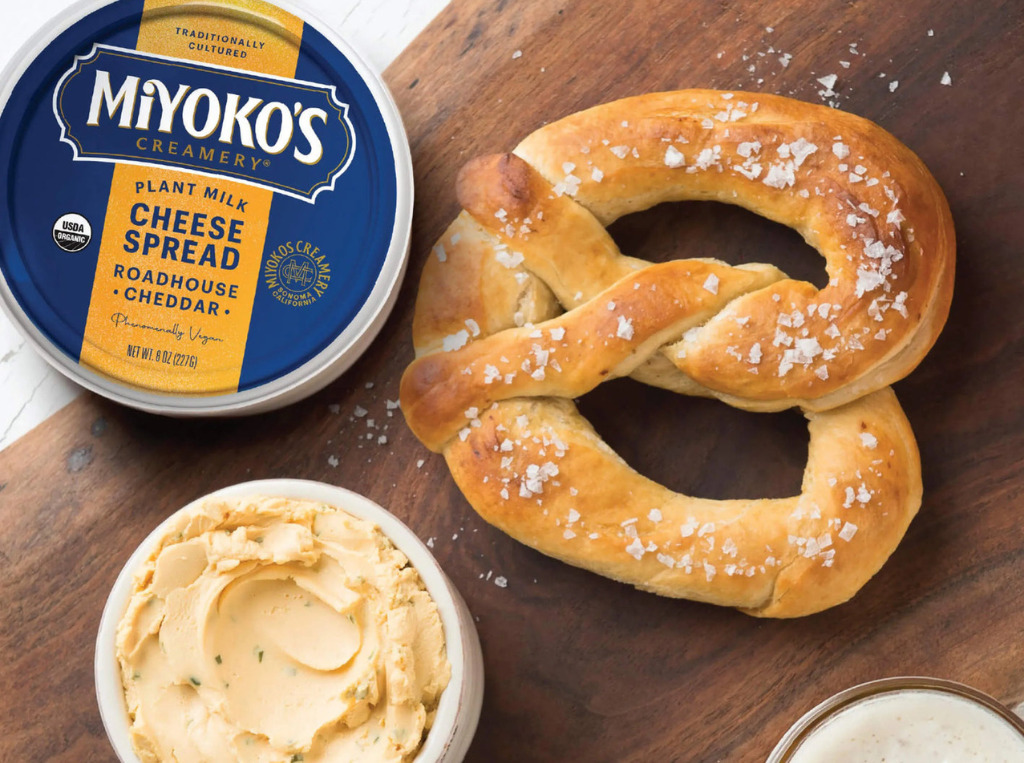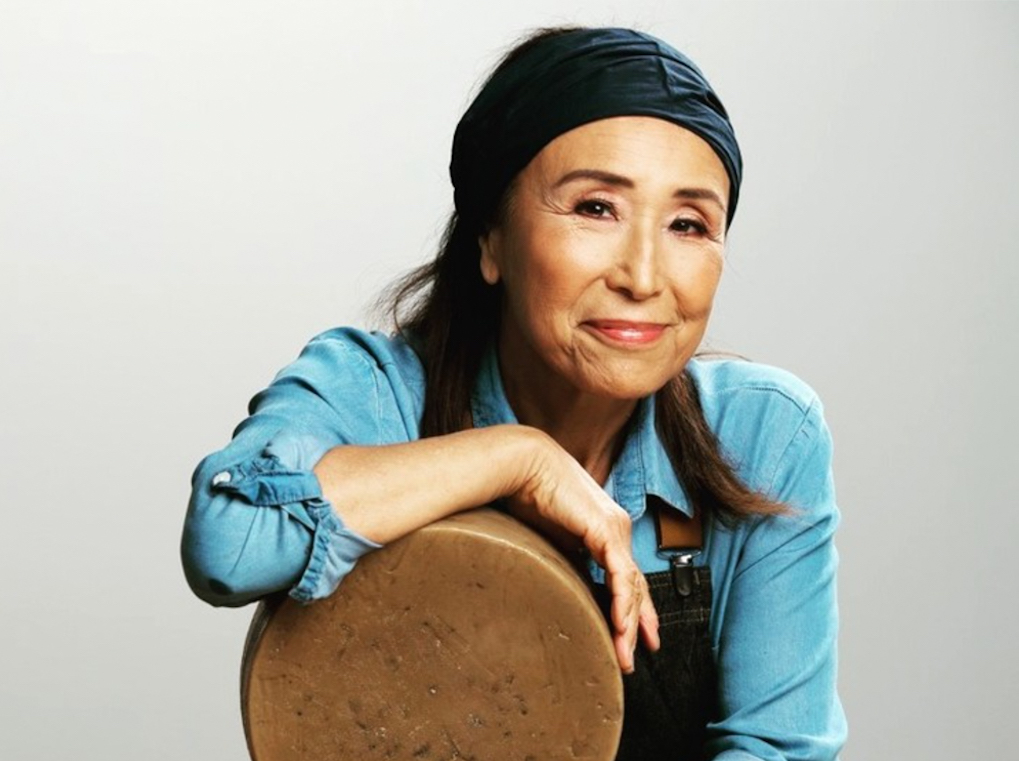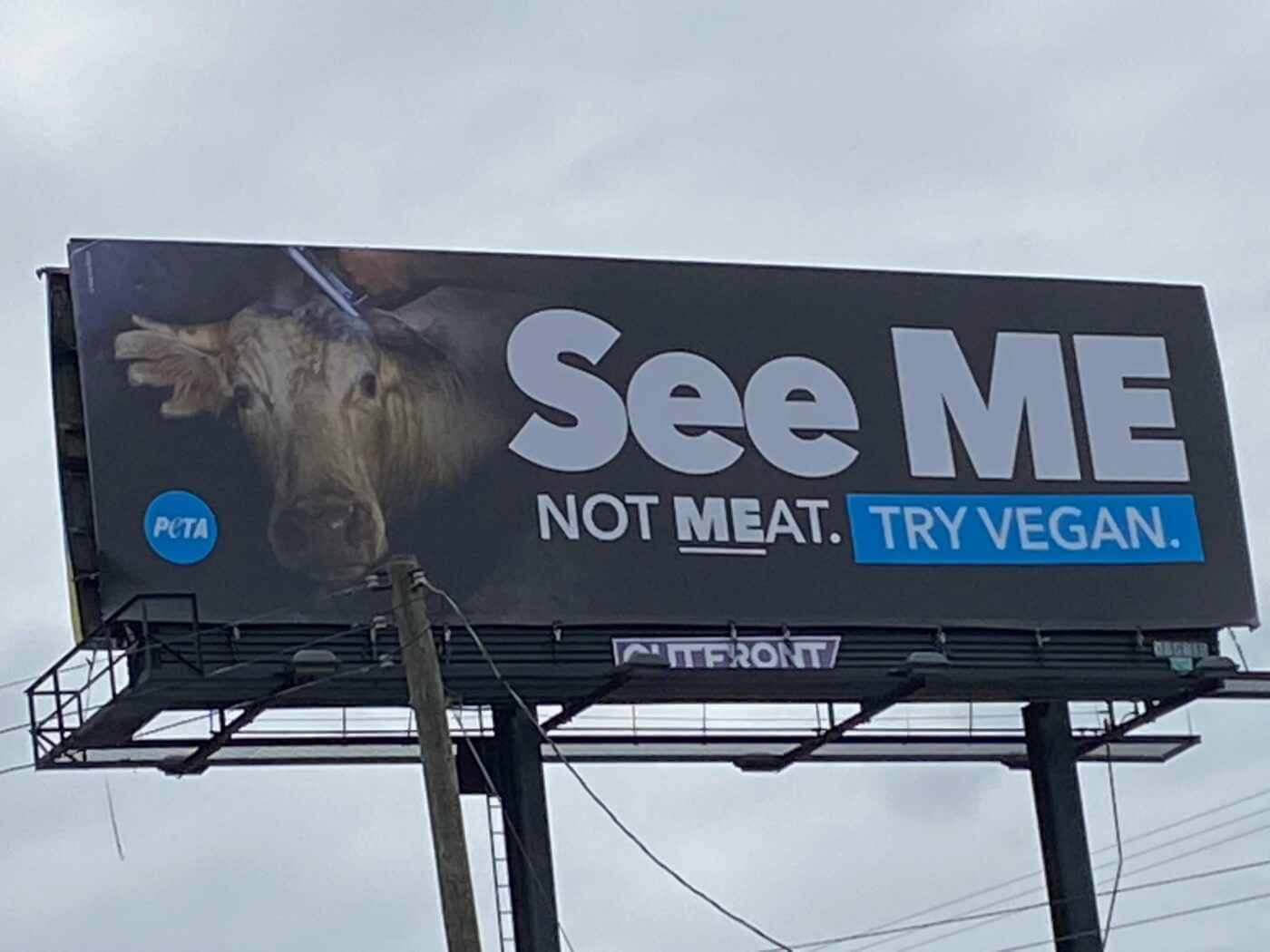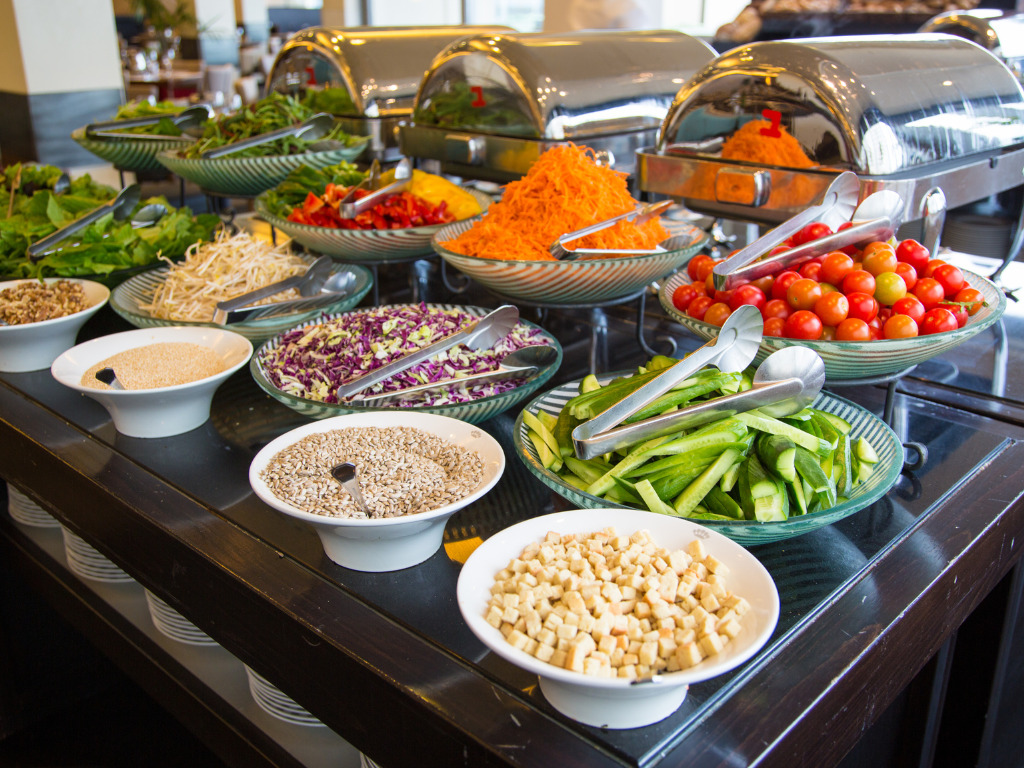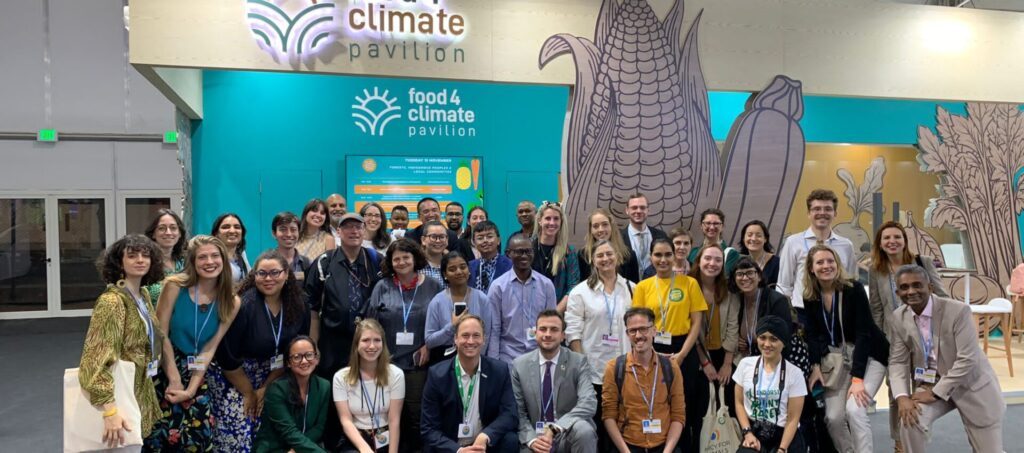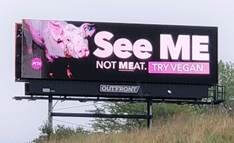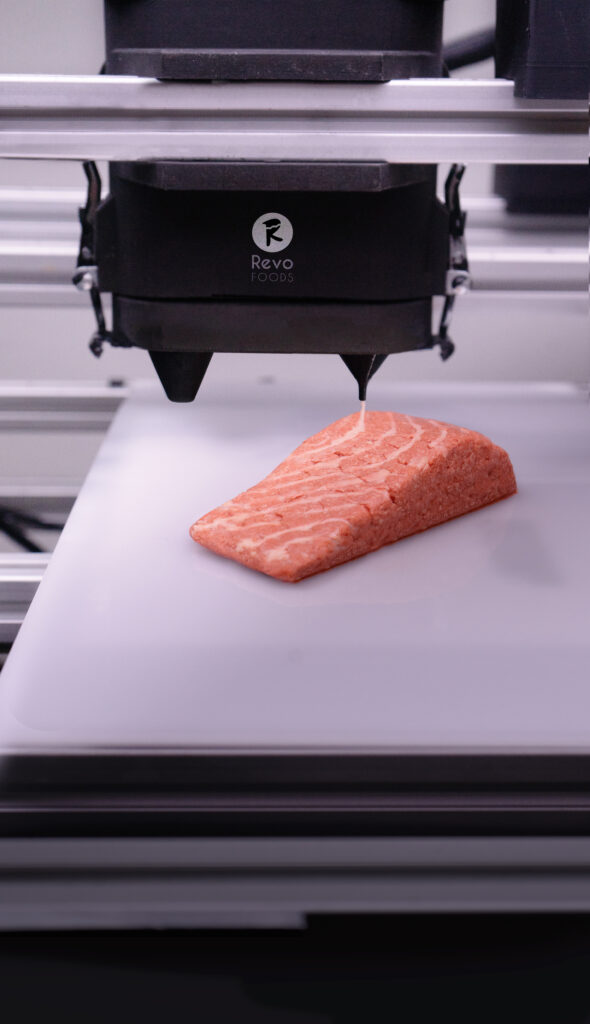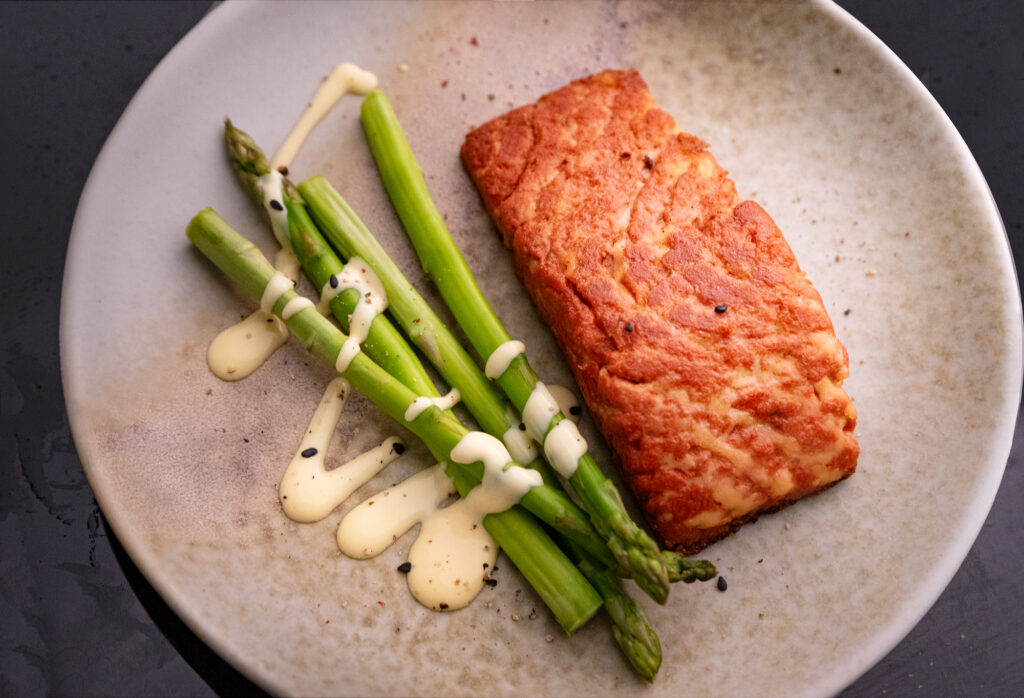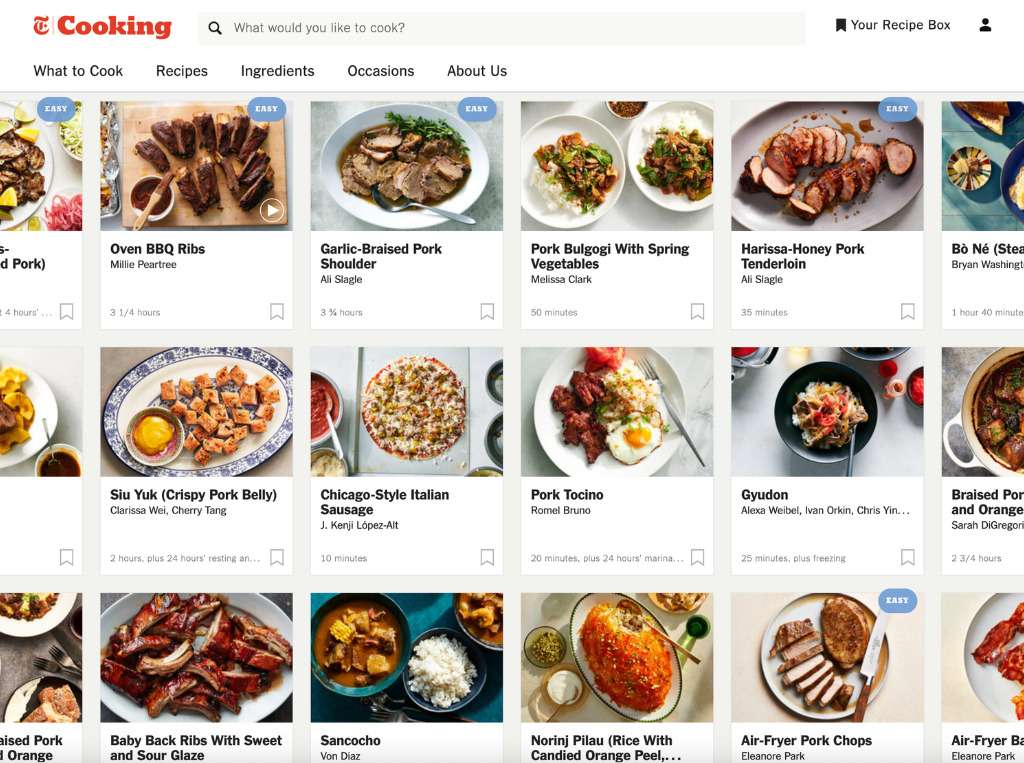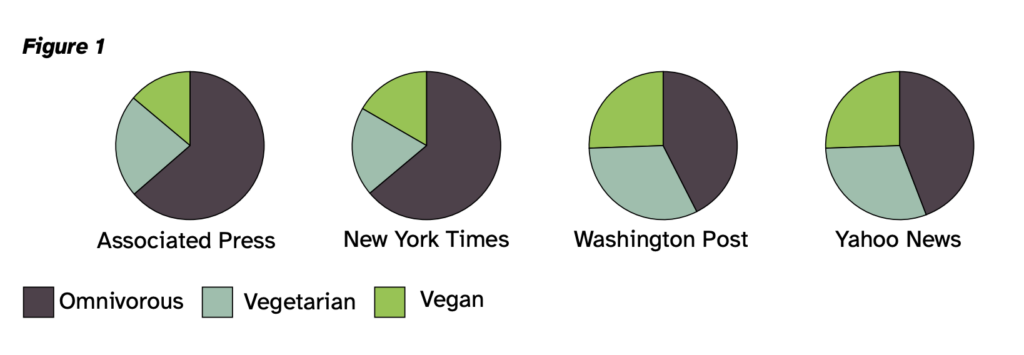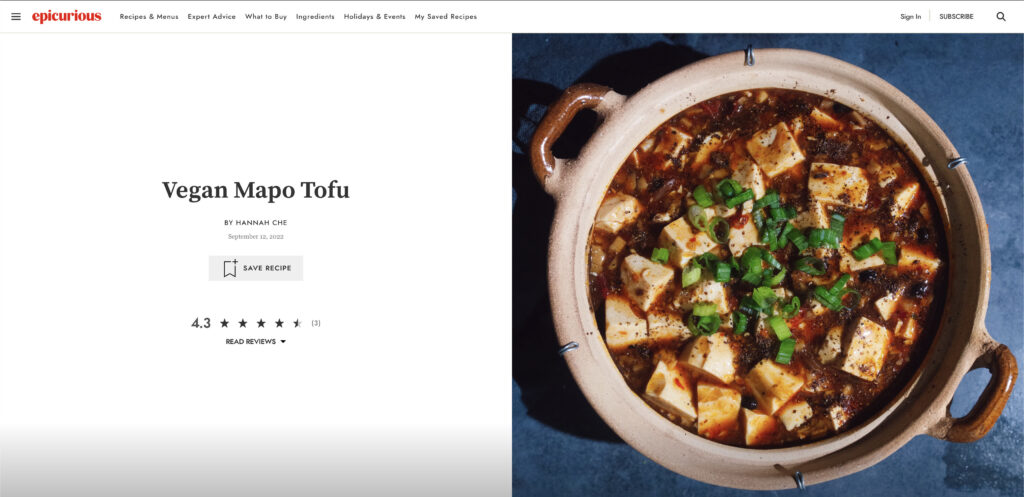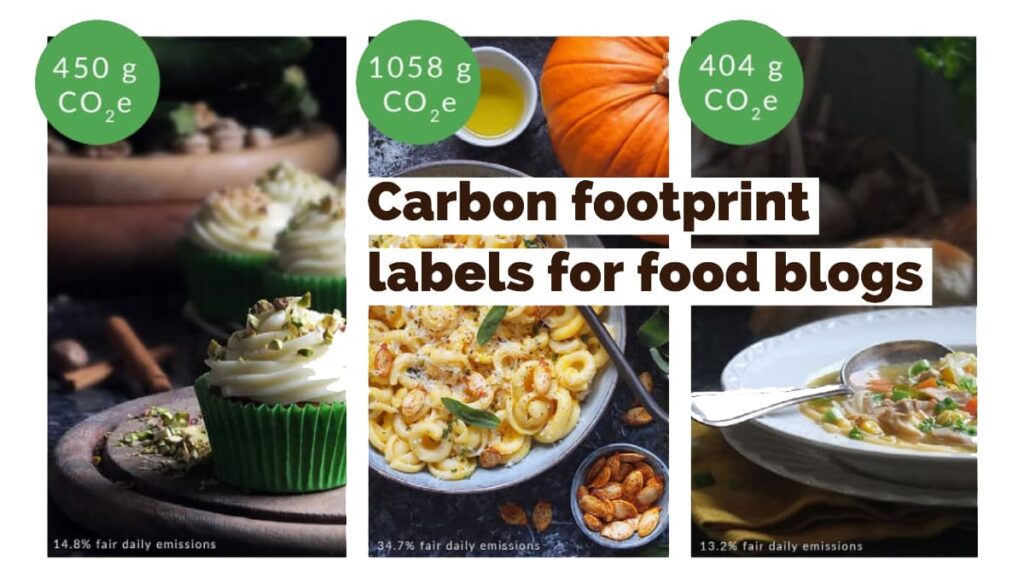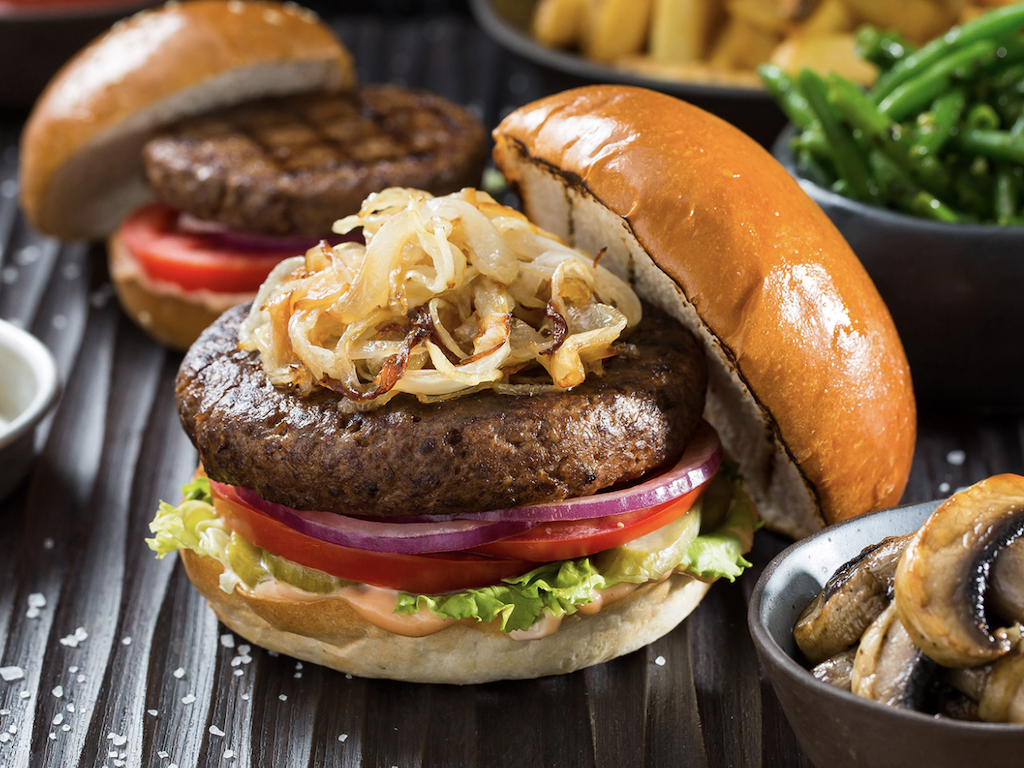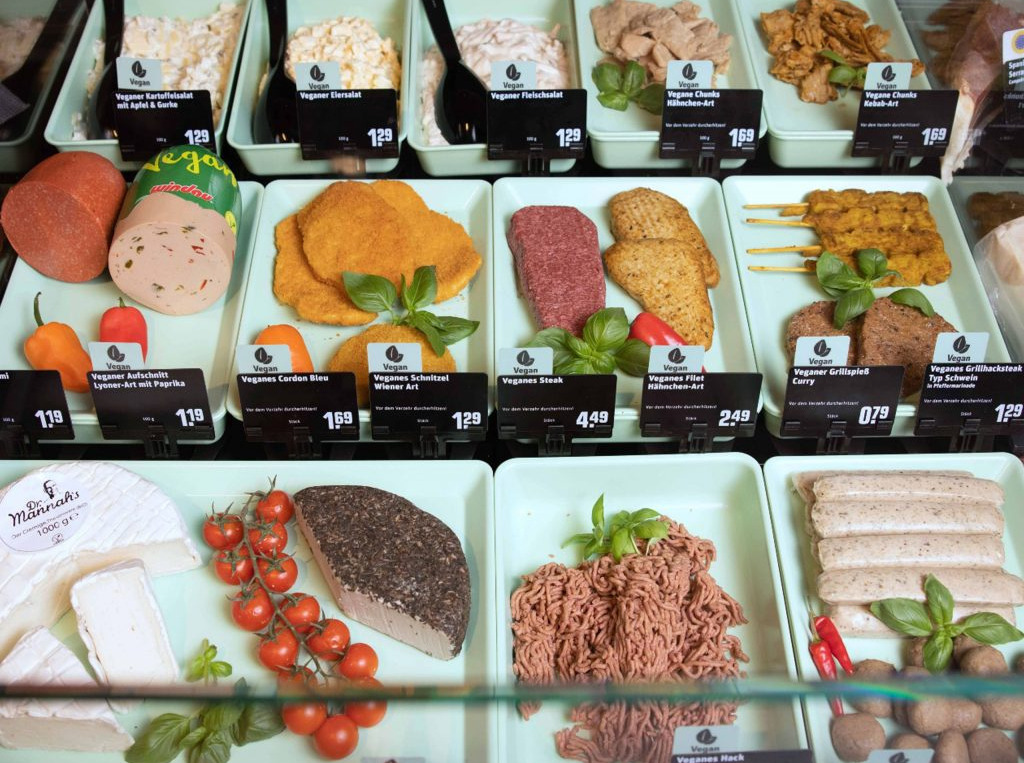
Over a fifth of German consumers (21%) believe the range of plant-based alternatives to animal products available in grocery stores is too small, according to a new survey. In fact, a higher number of options would lead to 29% buying more vegan products, while 43% would do so if they were cheaper.
The new survey spotlights consumer sentiments about plant-based food in Germany, finding that more and more people are buying vegan products because they’re better for the environment (62%). Just over half of consumers purchase these foods for their animal welfare benefits and health credentials, while 21% do so because they taste good.
Germany – Europe’s leading plant-based food market – boasts 41% of flexitarians, 9% of vegetarians and 3% of vegans, according to the 1,026-person online poll by BVLH, a federal association of German retailers. So it perhaps comes as no surprise that the demand for vegan products is high, with 21% of Germany’s population wanting more alternatives to animal-based foods on their supermarket shelves.
Here are the key takeaways from the survey:
Some Germans want more vegan options on shelves – local foods are key
The younger the consumer, the stronger this sentiment. Nearly half (45%) of 18- to 29-year-olds believe grocery stores have too few vegan products, as do a quarter of 30- to 44-year-olds. There’s not too much of a difference between people across income brackets: 21% with a net income below €2,500, 17% between €2,500 and €4,000, 26% above €4,000 consider the number of options to be limited.
Increasing shelf presence will push 29% of Germans to buy more plant-based food. More people (43%) will also buy these products if they cost less. It’s likely why German MPs are proposing a change in the nation’s tax laws to reduce the current 19% VAT on plant-based milk and reach price parity with conventional dairy (which is taxed at 7%).
Meanwhile, just over half (51%) feel retailers should promote locally grown plant-based food to encourage consumer adoption. Women (56%) are more likely to be swayed by regional food than men (46%), and interest in these products decreases with age.
Among people aged 18-29, 65% would buy more vegan food if it was locally made, compared to 54% for those between 30-44, and 52% for 45- to 59-year-olds. For people 60 and over, the number drops to 42%.
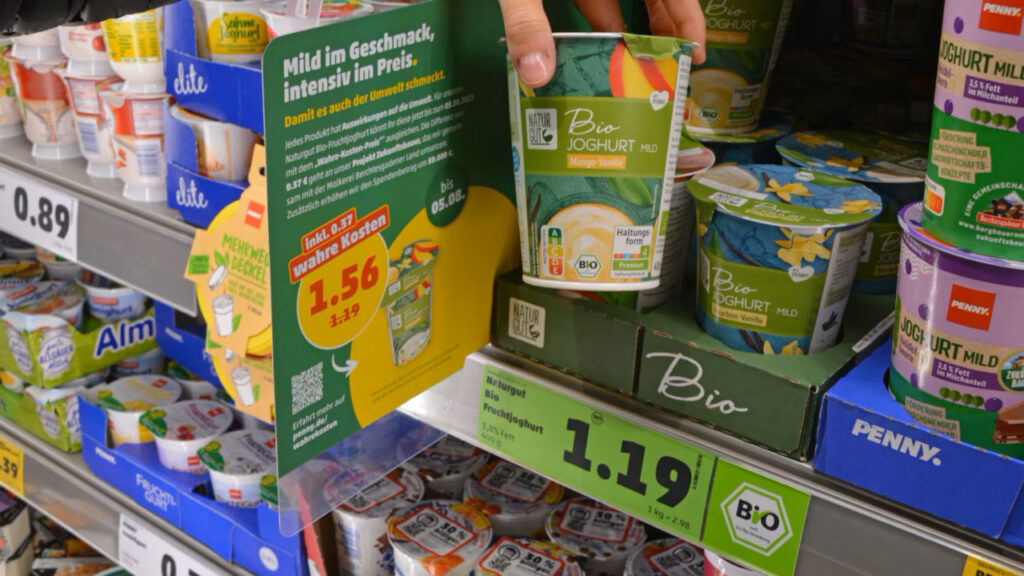
The political divide is real: Greens exhibit more demand for vegan food
The report underlines the prevalence of veganism across the political spectrum, though unsurprisingly followers of the left-leaning Green Party have the highest number of vegans (2%), vegetarians (14%), and flexitarians (53%).
Of those who support the centre-left Social Democratic Party (SPD), 2% are vegans, 6% are vegetarians, and 42% are flexitarians, while members of the pro-tech, pro-business Free Democratic Party (FDP) have no vegans in the survey, with only 1% vegetarians and 43% flexitarians. The more right-leaning supporters of the Christian Democratic Union and its sister party Christian Social Union count more vegans (1%) and vegetarians (6%) than the FDP.
SPD, FDP and the Green Party make up the coalition currently in power in Germany. 34% of the Greens believe there aren’t enough vegan products in supermarkets, as do 15% of the other two parties polled. Among CDU/CSU members, this number is 19%. The demand for locally produced plant-based food, meanwhile, is high for all parties: 42% for FDP, 43% for CDU/CSU, 47% for SPD, and 67% for Greens.
Clean-label is important to Germany’s consumers
Many plant-based alternatives contain additives, fats and at times more salt and sugar than animal products, according to the pollsters. It’s a form of constant criticism by the meat and dairy lobby.
And German attitudes to these ingredients align with global consumer trends – a worldwide survey by Ingredion last year revealed that more than half of respondents find it important for products to have a short ingredient list. In BVLH’s poll, 65% of respondents said the presence of these additives and extra ingredients would deter them from buying vegan products.
This affects the purchasing habits of 70% of women and 60% of men. Interestingly, it impacts Gen Z the least, albeit still with a high share at 57%. 71% of those aged 45-49 say they wouldn’t buy plant-based products with these ingredients, and this also holds true for 72% of flexitarians – a key market for vegan brands.
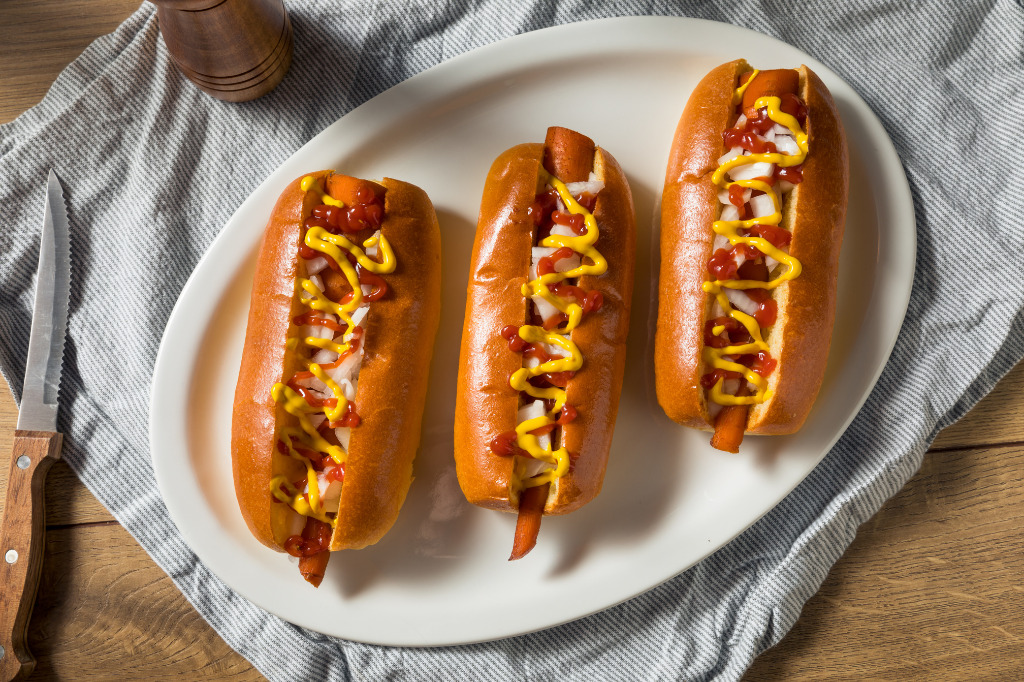
Germany are eating less meat overall
The results tie into multiple reports showcasing the rise of the alt-protein sector in Germany. Its meat consumption has dropped to a record low, according to a report earlier this year, and research by the Good Food Institute (GFI) Europe has found that Germany had the highest plant-based meat sales in Europe last year, among the countries surveyed.
This also holds true for alt-dairy, with Germany being the leading market for sales for plant-based milk, cheese and yoghurt. Unit sales of alt-milk grew by 20% between 2020-22 in the nation. Meanwhile, research by the University of Hohenheim last month revealed that Germany has the greatest market potential for plant-based milk in Europe, with purchases already growing by 62% between 2020-22.
These results align with another report last year, which found that 32% of the country’s population was aiming to cut its intake of conventional dairy in the following six months. GFI Europe states that Germany also leads the overall vegan food market in terms of sales, while it has the second-highest plant-based food spend per capita.
Additionally, a report published by the USDA’s Foreign Agricultural Service in February stated that Germany has the largest flexitarian (55%) and vegan population (about 10%) in Europe, and called for US brands to export plant-based products to Germany. The report identifies a few reasons that can explain why Germany has been able to shift the culture around meat consumption: unlike in most other countries, politicians are outspoken about the need to reduce meat consumption and younger generations are influencing their parents and older relatives about the importance of climate-friendly food choices.
The post Climate-Conscious German Consumers Say They Want More Plant-Based Products in Supermarkets – New Poll appeared first on Green Queen.
This post was originally published on Green Queen.

